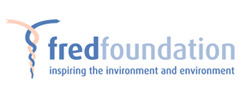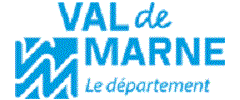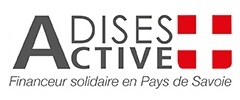No deal, yet!
No deal yet on global chemicals framework, US bogges-down SAICM negotiations
04.10.2005 |
These key conflicts - that prevented govts and other participants in the SAICM negotiations in Vienna last week from reaching consensus agreement on a final set of documents - are described in the Environmen Daily article (below). IPEN had a great team of experts on public health/environmental concerns who did a great job of covering and addressing the key outstanding issues. The Earth Negotiations Bulletin, 14-page summary, addresses in more detail those points, but the tone is much more conservative and blurs the political differences and those at fault, which on most major points was the US government, with support from a few others. Major differences need to be resolved, either by finding common ground or by rejecting the wording proposed by the minority of delegations opposing progressive text, in order for a final, agreed set of documents to be approved at the UNEP-hosted Dubai, UAE International Conference on Chemicals Management, 4-6 February 2006.
No deal yet on global chemicals framework
Environment Daily 1950, 28/09/05
World governments remain far from agreeing a new global treaty to improve chemicals management following a third preparatory conference in Vienna last week. The Strategic approach to chemicals management (Saicm) is a response to the 2002 Johannesburg earth summit and is meant to be finalised by early next year.
Saicm is intended as a non-binding "toolkit" to help countries apply an agreement in Johannesburg to "aim to achieve, by 2020, the use and production of chemicals in ways that lead to the minimisation of significant adverse effects on human health and the environment" (ED 04/09/02).
Negotiations have been bogged down, mainly by disagreements between the USA and the EU. America wants Saicm's scope limited to chemicals of greatest concern. It also wants stronger references to the voluntary nature of Saicm, the removal of targets and timetables for improvement, and a weakening of references to the most dangerous chemicals, such as endocrine disrupters and heavy metals. The EU and several other countries are opposing it.
In an attempt to break the deadlock on the last day of last week's talks the EU and USA reached a deal on some points of dispute, including an exemption from Saicm for the food and pharmaceutical industries, and references to the use of precaution in chemicals management.
The compromise arrived to late to be considered by other governments and the UN environment programme is now convening extra meetings to try to reach an accord before an International conference on chemicals management in Dubai in February, where Saicm is to be adopted by governments.
A separate dispute over funding for the plan also threatens to stall the initiative. Developing countries are calling for much more financial aid than developed countries are prepared to donate.


































